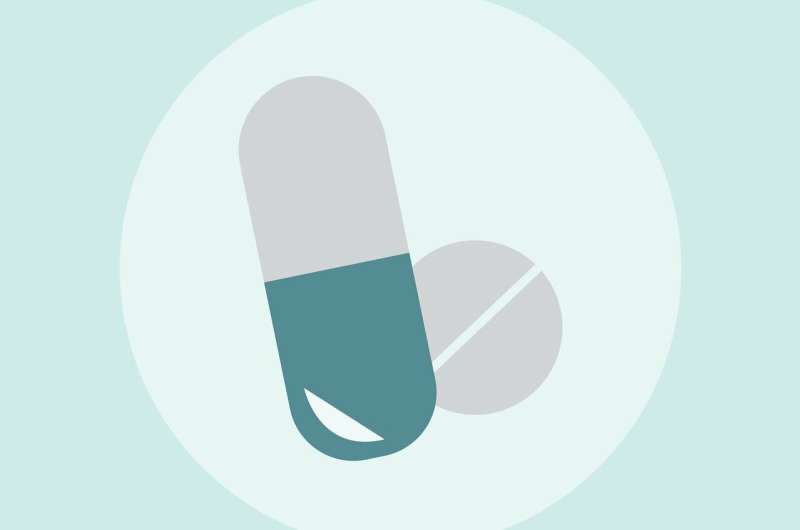
Long-term use of beta-blockers in patients with myocardial infarction and preserved heart function does not significantly change quality of life or well-being compared to no beta-blockers. This is according to a study from Karolinska Institutet and Uppsala University, presented at the European Society of Cardiology’s annual congress in London and simultaneously published in the European Heart Journal—Cardiovascular Pharmacotherapy.
Earlier this year, the REDUCE-AMI study was published, showing that beta-blockers do not reduce the risk of death or new cardiovascular events in patients with myocardial infarction and preserved heart function. Now, in a sub-study, researchers have examined beta-blockers effect on quality of life in this patient group to better evaluate the risk-benefit ratio.
Beta-blockers are described in the literature as a medication that may potentially cause side effects, such as depression, anxiety, sleep disturbances, fatigue, and sexual dysfunction. There are theories that fear of side effects has led patients to voluntarily stop taking the medication.
At the same time, one could imagine that beta-blockers may have a beneficial effect by providing a slower heart rate and reduced adrenaline response. Since this could potentially affect patients’ quality of life and well-being, a sub-study was conducted to better assess this risk.
“Previous observational studies have shown various undesirable effects of beta-blockers on quality of life, but the findings were uncertain. This is the first randomized study to show that there is no increased risk of impact on quality of life or well-being,” says the study’s first author Katarina Mars, Ph.D. student at the Department of Clinical science and education, Södersjukhuset, Karolinska Institutet, and cardiologist at Södersjukhuset.
“The results of these two studies raise the question of whether this patient group should routinely be prescribed beta-blockers in the future. However, if patients for any reason need the medication or are already on it, there is no need to worry that the drug will negatively affect their quality of life.”
In total, over 4,000 patients responded to surveys aimed at evaluating quality of life. Additionally, eight centers in Sweden collected more specific surveys from around 800 patients to assess well-being, as well as depression, anxiety, and sexual dysfunction. The results of all the surveys are not yet fully complete.
More information:
Katarina Mars et al, Effects of beta-blockers on quality of life and well-being in patients with myocardial infarction and preserved left ventricular function—a prespecified substudy from REDUCE-AMI, European Heart Journal—Cardiovascular Pharmacotherapy (2024). DOI: 10.1093/ehjcvp/pvae062
Citation:
Beta-blockers do not affect patients’ quality of life, study finds (2024, September 2)
retrieved 2 September 2024
from https://medicalxpress.com/news/2024-09-beta-blockers-affect-patients-quality.html
This document is subject to copyright. Apart from any fair dealing for the purpose of private study or research, no
part may be reproduced without the written permission. The content is provided for information purposes only.


